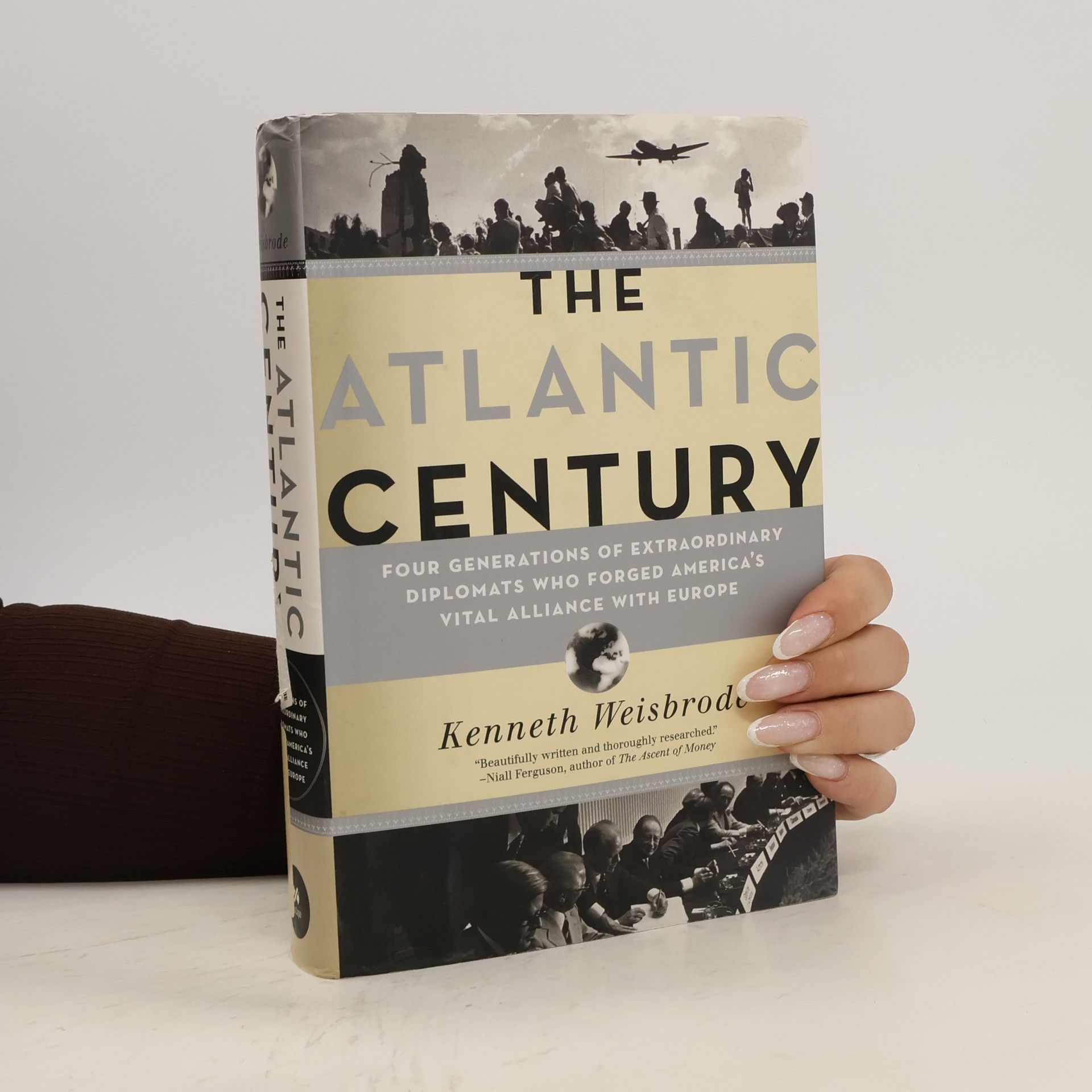The book explores how the Trump administration's foreign policy diverges from established international norms that have supported American leadership. Through a collection of essays, a diplomat and historian argue that Trump's approach amplifies existing unilateral tendencies in previous administrations while neglecting key principles of collective security, regional integration, and diplomatic creativity. They emphasize the potential for correction by drawing on lessons from recent history, suggesting that a return to collaborative strategies is still possible.
Kenneth Weisbrode Boeken
Kenneth Weisbrode duikt in de geschiedenis van de diplomatie, met een speciale focus op de Amerikaanse en Europese geschiedenis van de 20e eeuw. Zijn onderzoek richt zich op de wisselwerking tussen officiële instellingen, zoals ministeries van Buitenlandse Zaken, en informele diplomatieke netwerken in het Atlantische gebied. Weisbrode onderzoekt hoe deze diplomaten vitale allianties hebben gesmeed, en biedt inzichten in generatieverschuivingen en de blijvende impact van diplomatieke inspanningen. Zijn expertise belicht de ingewikkelde mechanismen van internationale betrekkingen en de vorming van wereldwijd beleid.



The Atlantic Century
Four Generations of Extraordinary Diplomats who Forged America's Vital Alliance with Europe
The Atlantic Century is the first major historical study to re-examine the American-European partnership with an emphasis on the personalities behind the policy. Our strong system of European alliances built during the last century did not happen serendipitously. It was carefully constructed and cemented by a network of diplomats and politicians, who imagined, built, and sustained a new international system. In their vision, America and Europe were part of a single cooperative transatlantic community— not rivals or one another’s periodic savior, as they had been during two world wars.Historian Kenneth Weisbrode reveals—for the first time, warts and all—the insider’s story of such well-known figures as Dean Acheson, W. Averell Harriman, and Henry Kissinger. It is the story of how and why the State Department’s Bureau of European Affairs (EUR)—the “mother bureau” as it was called, the nerve center of the Atlanticists—rose to become the U.S. government’s preeminent foreign policy office.In today’s fractious world, The Atlantic Century is both timely and telling.
What is influence and why might real influencers be those whose names we no longer remember? Ken Weisbrode embarks on an exploration to trace the most powerful strands of cultural and intellectual influence, and demonstrates it might not be what we think it is. "The influencer is a person who made an art of absence in the trade of cultural and sometimes political capital. The ones in this book represent a range of vocations, from politics to diplomacy to novel-writing, but almost all were cultural entrepreneurs. They were not puppet masters, gray eminences, unsung heroes, or Svengalis––although one or two have been portrayed thus. Rather, their influence is spread by virtue of their willful disappearance, of its perpetuation of a new language and cultural standard, and of their many conscious and unconscious imitators. The reason they had such influence was precisely because a part of their method was to be less visible in order to watch their ideas, habits, and styles proliferate without their names necessarily being affixed. […] Yet, to understand such a modus operandi is necessary today when the proliferation of social media influencers are squandering cultural capital so quickly by the simultaneous promotion of their products, above all, themselves."